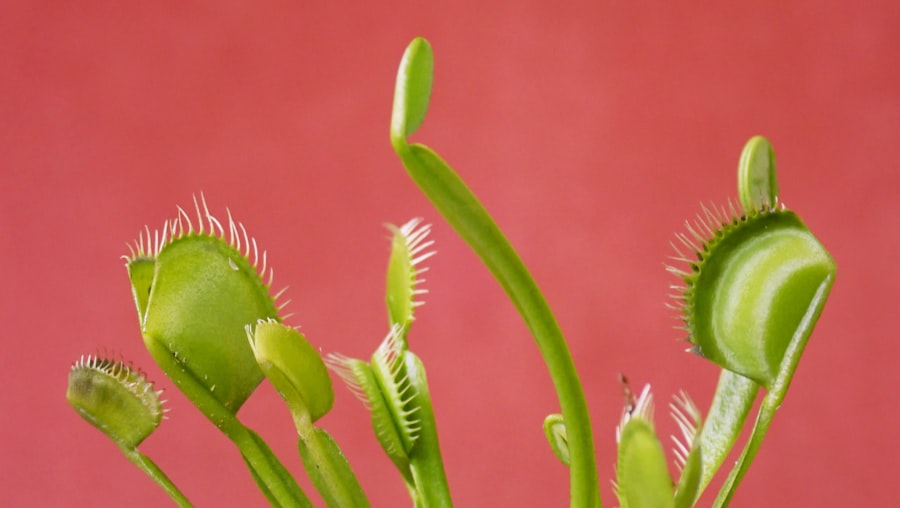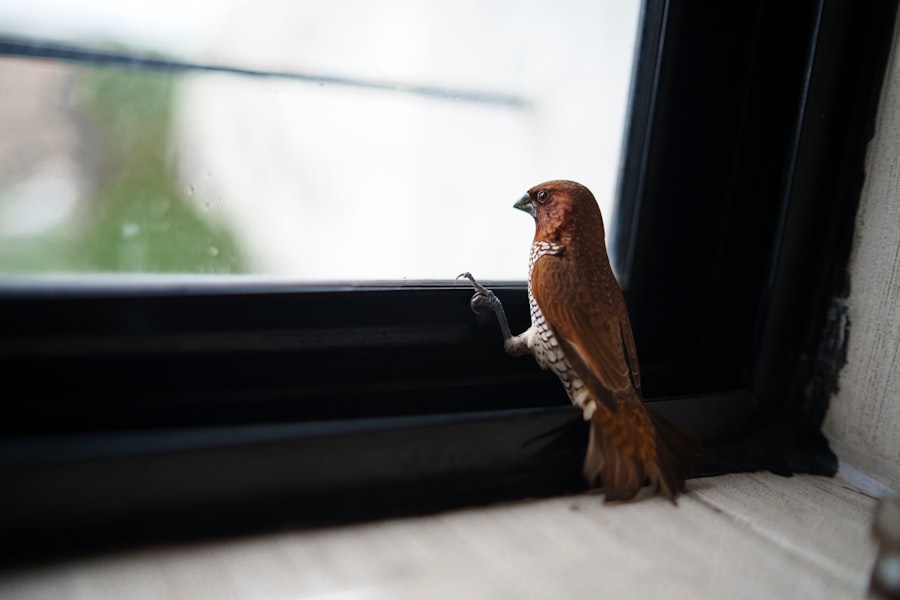Mink are small carnivorous mammals characterized by their sleek, dark fur and semi-aquatic lifestyle. As skilled hunters, they prey on various animals, including fish, birds, and small mammals. Mink exhibit opportunistic feeding behavior, utilizing any available food source, which may include raiding chicken coops for eggs and preying on small chickens.
Understanding mink behavior is essential for developing effective strategies to protect chickens from these predators. Primarily nocturnal, mink are most active during nighttime hours. They are excellent swimmers and frequently inhabit areas near water bodies such as rivers, streams, and ponds.
Mink are solitary and territorial animals, with each individual maintaining its own home range. Their adaptability allows them to thrive in diverse habitats, including forests, wetlands, and farmland. Comprehending mink behavior enables better anticipation of their movements and facilitates the development of protective measures for chickens against these predators.
Table of Contents
Key Takeaways
- Mink are opportunistic predators and are attracted to chicken coops due to the availability of food and shelter.
- Securing the chicken coop with sturdy fencing and locking mechanisms can help prevent mink from gaining access.
- Predator deterrents such as motion-activated lights and sound devices can help scare off mink and other predators.
- Implementing nighttime security measures such as locking doors and windows can help keep mink out of the coop.
- Providing alternative food sources such as fish or small mammals can help deter mink from targeting the chicken coop.
- Utilizing traps and repellents can help capture and deter mink from the area.
- Seeking professional assistance from wildlife control experts can provide effective and humane solutions for dealing with mink infestations.
Securing the Chicken Coop
Secure the Chicken Coop
One of the most effective ways to protect your chickens from mink is to secure the chicken coop. This can be done by ensuring that the coop is constructed with sturdy materials and is free from any gaps or openings that mink could use to gain access. It is also important to make sure that the coop is equipped with strong locks and latches to prevent mink from being able to open doors or windows.
Additional Deterrents
Additionally, installing wire mesh around the coop can help to further deter mink from gaining access to your chickens. Another important aspect of securing the chicken coop is to make sure that the surrounding area is free from any potential hiding spots for mink. This can include removing any brush piles, tall grass, or other debris that could provide cover for mink as they approach the coop.
Reducing the Risk of Attack
By securing the chicken coop and its surrounding area, you can greatly reduce the likelihood of mink being able to prey on your chickens.
Using Predator Deterrents

In addition to securing the chicken coop, using predator deterrents can also be an effective strategy for protecting your chickens from mink. One common deterrent is the use of motion-activated lights or sound devices that can startle and deter mink when they approach the coop. These devices can be placed around the perimeter of the coop to create a barrier that mink are less likely to cross.
Another effective predator deterrent is the use of predator urine or scent repellents. These products mimic the scent of predators such as foxes or coyotes, which can deter mink from approaching the coop. These repellents can be applied around the perimeter of the coop or even directly on the coop itself to create a barrier that mink are less likely to cross.
Implementing Nighttime Security Measures
Since mink are primarily nocturnal animals, implementing nighttime security measures can be crucial in protecting your chickens from these predators. This can include locking your chickens in a secure coop at night to prevent mink from gaining access to them. Additionally, installing motion-activated lights or sound devices around the coop can help to startle and deter mink when they approach during the night.
Another important nighttime security measure is to regularly check on your chickens during the night to ensure their safety. This can involve making periodic rounds to check for any signs of mink activity or attempting to gain access to the coop. By implementing nighttime security measures, you can greatly reduce the likelihood of mink being able to prey on your chickens while they are most active.
Providing Alternative Food Sources for Mink
In some cases, providing alternative food sources for mink can help to reduce their interest in preying on your chickens. This can include setting up feeding stations with fish or other small animals that mink commonly prey on. By providing an alternative food source for mink, you may be able to reduce their motivation to target your chickens as prey.
Another strategy for providing alternative food sources for mink is to create habitat enhancements that can attract their natural prey. This can include creating brush piles or planting vegetation that provides cover and food sources for small mammals and birds that mink commonly prey on. By providing alternative food sources for mink, you can help to reduce their reliance on preying on your chickens.
Utilizing Traps and Repellents

Live Trapping and Relocation
Utilizing live traps can be an effective way to capture and relocate mink away from your property, reducing their ability to prey on your chickens. However, it is essential to check local regulations and obtain any necessary permits before using traps to manage mink populations.
Repellent Options
In addition to traps, there are various repellents that can be used to deter mink from approaching your chicken coop. These can include chemical repellents, ultrasonic devices, or even natural deterrents such as predator urine or scent repellents.
Combining Traps and Repellents
By utilizing traps and repellents, you can help to manage mink populations and reduce their impact on your chickens. This multi-faceted approach can provide an effective solution to protecting your flock from mink predation.
Seeking Professional Assistance
If you are struggling to protect your chickens from mink predation, seeking professional assistance may be necessary. Wildlife experts or pest control professionals can provide valuable insight and assistance in developing effective strategies for managing mink populations and protecting your chickens. They may also be able to provide guidance on obtaining permits for trapping or relocating mink, as well as offer advice on using deterrents and securing your chicken coop.
In some cases, professional assistance may also involve implementing more advanced techniques such as installing exclusion fencing or using specialized predator control methods. By seeking professional assistance, you can gain access to expertise and resources that can help you effectively manage mink predation and protect your chickens from these predators. In conclusion, protecting your chickens from mink predation requires a multi-faceted approach that involves understanding the behavior of mink, securing the chicken coop, using predator deterrents, implementing nighttime security measures, providing alternative food sources for mink, utilizing traps and repellents, and seeking professional assistance when necessary.
By combining these strategies, you can develop a comprehensive plan for protecting your chickens from mink predation and ensuring their safety and well-being.
If you’re looking for ways to protect your chickens from mink attacks, you may also be interested in learning about the importance of the size of your chicken coop door. A properly sized door can help keep predators like mink from gaining access to your flock. Check out this article on poultrywizard.com for more information on how to choose the right door size for your chicken coop.
FAQs
What is a mink?
A mink is a small, carnivorous mammal that is part of the weasel family. They are known for their sleek, dark fur and are skilled hunters.
Why do minks pick off chickens?
Minks are opportunistic predators and will prey on small animals, including chickens, for food. They are attracted to the easy prey and may see chickens as a source of food.
How can I keep minks from picking off my chickens?
There are several methods to protect your chickens from minks, including securing the chicken coop with strong wire mesh, installing motion-activated lights or sound devices, and using guard animals such as dogs or geese to deter minks.
Are there any natural deterrents for minks?
Some natural deterrents for minks include planting strong-smelling herbs or flowers around the chicken coop, such as lavender or mint, as minks are sensitive to strong scents. Additionally, keeping the area around the coop clean and free of food scraps can help deter minks.
What should I do if I suspect a mink is targeting my chickens?
If you suspect a mink is targeting your chickens, it is important to take immediate action to protect your flock. Secure the chicken coop, remove any potential food sources for the mink, and consider contacting a local wildlife control professional for assistance.
Meet Walter, the feathered-friend fanatic of Florida! Nestled in the sunshine state, Walter struts through life with his feathered companions, clucking his way to happiness. With a coop that’s fancier than a five-star hotel, he’s the Don Juan of the chicken world. When he’s not teaching his hens to do the cha-cha, you’ll find him in a heated debate with his prized rooster, Sir Clucks-a-Lot. Walter’s poultry passion is no yolk; he’s the sunny-side-up guy you never knew you needed in your flock of friends!







